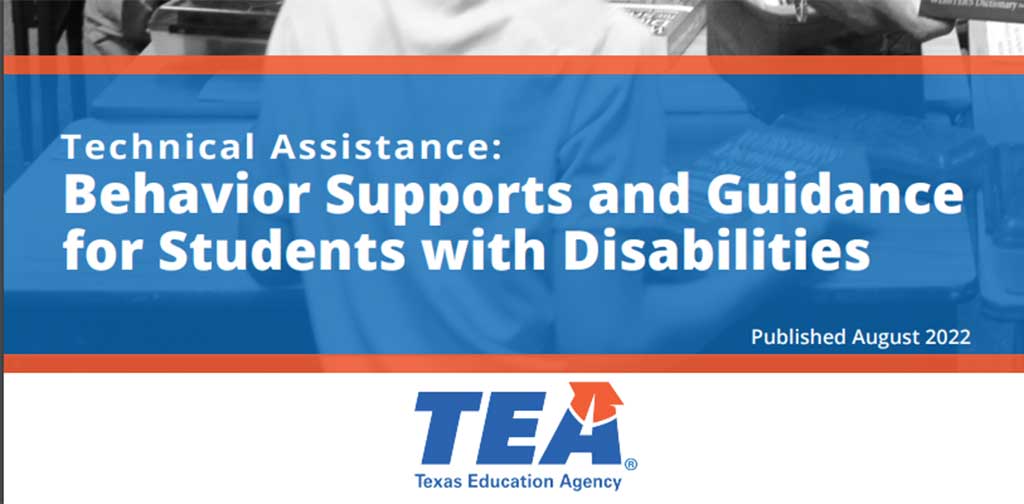The parent may assert any of the IDEA protections (i.e. manifestation determination, due process hearing, mediation, complaint, and functional behavior assessment) if the LEA has knowledge that the student is a student with a disability before the behavior that precipitated the disciplinary action occurs. When a parent asserts IDEA protections, the LEA must determine if it has a basis of knowledge or not.
Based on IDEA 2004 a Local Education Agency (LEA) is determined to have a basis of knowledge of a student with a disability if:
- Parents have expressed in writing to supervisory or administrative personnel or a teacher of student, that child needs special education and related services;
- Parents have requested an evaluation; or
- Teacher or other personnel have expressed specific concerns about a pattern of behavior directly to the Executive Director of special education or other supervisory personnel
- NC: HB 12 behavior “clearly and convincingly establishes the need for special education”
- Exception: if parents have not allowed an evaluation or refused services for an eligible student or if student has been evaluated and determined ineligible.
Based on IDEA 2004 an LEA does not have a basis knowledge if:
- The parent has not allowed an evaluation;
- The parent has refused services; or
- The student has been evaluated and determined to not be a student with a disability.
If there is no basis of knowledge, the student may be subject to disciplinary measures applied to any student:
- If a request is made for an evaluation after the behavior subject to a discipline measure, the evaluation must be conducted in an expedited manner
- The disciplinary sanction remains in effect while the evaluation is conducted. If there is a basis of knowledge, the LEA must apply the asserted IDEA protections.



